AeroGenie — Uw intelligente copiloot.
Trending
Categories
Innovations in Airline Business Operations
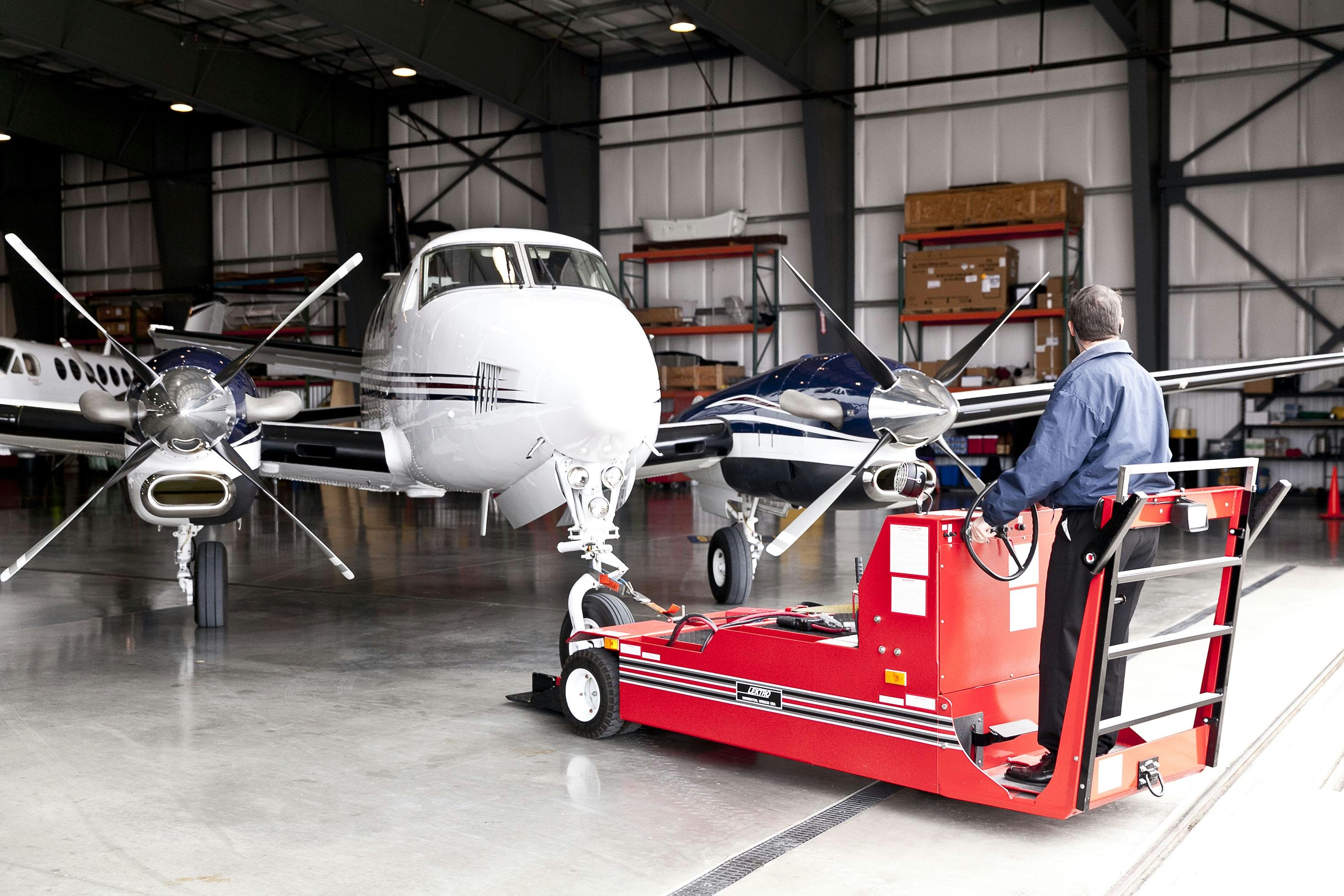
Innovations in Airline Business Operations
Aviation has long been a sector defined by innovation, with advancements extending beyond the aircraft themselves to encompass the business strategies that sustain airline competitiveness. The industry is currently undergoing a significant transformation, propelled by smarter operational practices, digital integration, enhanced passenger services, and a growing emphasis on sustainability. These developments enable airlines to navigate the complexities of modern air travel by balancing efficiency, safety, and customer expectations. A closer examination of these innovations reveals how they are shaping the future landscape of global aviation.
Smarter Operations and Maintenance
Operational efficiency remains a cornerstone of airline success, as any downtime can lead to substantial financial losses and disrupt passenger schedules. Predictive maintenance, driven by sophisticated data analytics, allows airlines to identify and address technical issues before they escalate, thereby maintaining fleet reliability and safety. Additionally, ground support and logistics are being refined through the adoption of digital tools and specialized equipment. For instance, partnerships with providers of advanced maintenance solutions, such as magnetic engine stands, enable airlines to service critical components more effectively. By integrating real-time monitoring with tailored ground support, carriers can streamline their operations, reduce unnecessary costs, and ensure aircraft are consistently ready for service.
Digital Transformation Across Airlines
The digital revolution is fundamentally reshaping airline operations. Cloud-based platforms now integrate crew scheduling, flight management, and customer service functions, facilitating seamless collaboration and rapid response to dynamic operational demands. Artificial intelligence and machine learning technologies optimize flight routing, forecast passenger demand, and improve fuel efficiency. Mobile-first applications equip operational teams with real-time data, enhancing decision-making and minimizing disruptions.
Despite these advantages, implementing new digital systems in mission-critical environments presents considerable challenges. Airlines must carefully manage complex processes such as data migration, user adoption, and system resilience to ensure uninterrupted operations. Industry discussions underscore that the success of digital transformation initiatives, particularly within Operations Control Centers, hinges on overcoming these obstacles. As competitors swiftly adopt similar technologies to maintain market position, industry sentiment ranges from cautious optimism to skepticism, often influenced by the outcomes of prior digital implementations.
Optimizing Revenue and Ancillary Services
Beyond ticket sales, airlines are increasingly utilizing advanced business tools to maximize revenue streams. Dynamic pricing models adjust fares in real time, responding to fluctuations in demand, seasonal patterns, and competitive pressures. Data analytics further identify opportunities to expand ancillary services, including extra baggage fees, priority boarding, lounge access, and in-flight purchases, thereby generating additional income. Personalized offers and loyalty programs foster customer retention and encourage increased spending. By integrating intelligent revenue management with detailed customer insights, airlines enhance profitability while delivering more tailored and convenient travel experiences.
Workforce and Training Innovations
To cultivate a more agile and skilled workforce, airlines are embracing digital training platforms that employ virtual and augmented reality to simulate real-world scenarios for pilots, cabin crew, and ground personnel. Workforce management software optimizes staffing levels, shift scheduling, and compliance with regulatory requirements. These technological advancements contribute to reducing operational errors, improving safety standards, and boosting employee engagement. Nonetheless, successful adoption depends on effective change management and continuous support to ensure that staff fully embrace new tools and methodologies.
Looking Ahead
As the airline industry continues to innovate, it must carefully balance the potential benefits of emerging technologies with the inherent complexities of operations and evolving market demands. Addressing challenges related to digital adoption and system robustness, while maintaining a focus on efficiency and customer experience, will be critical. These efforts position the sector to deliver safer, smarter, and more sustainable air travel in the years to come.
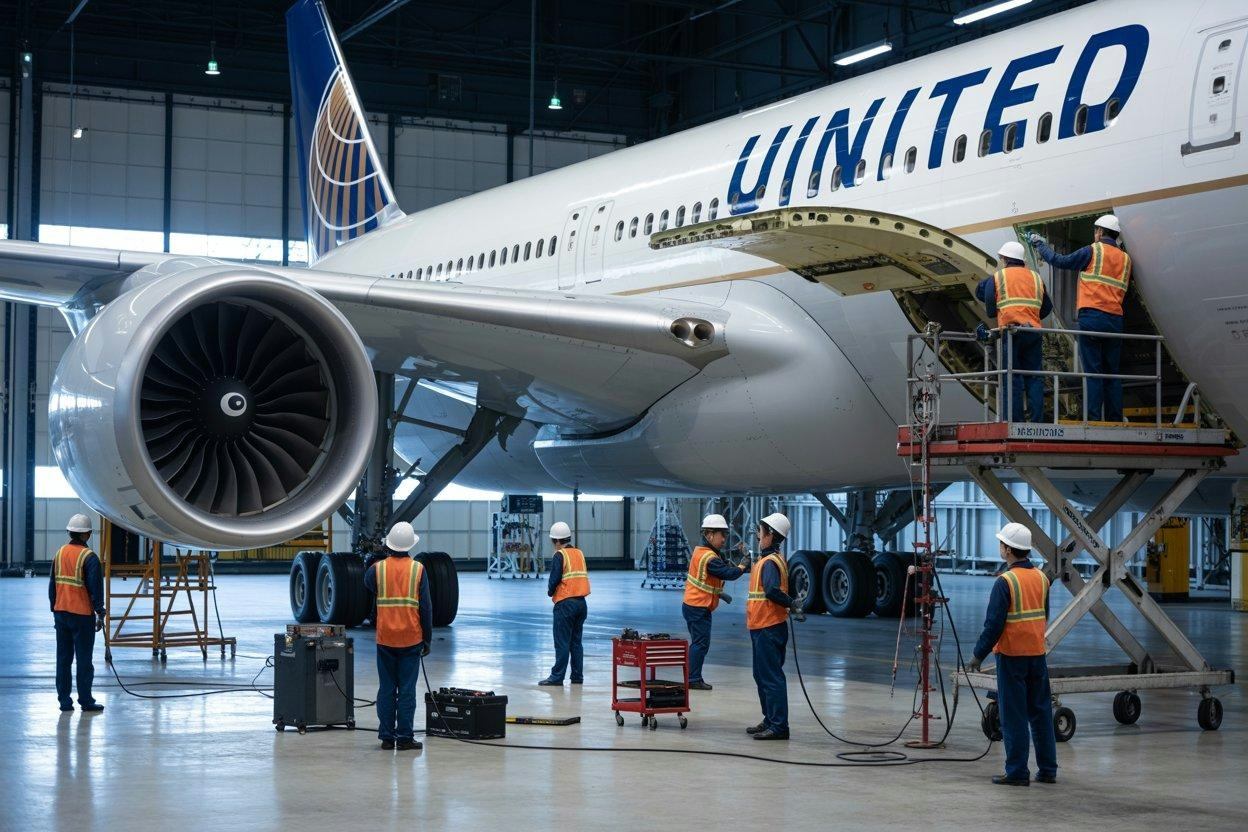
US Audit Identifies FAA Oversight Gaps at United Maintenance

The Impact of Agentic AI on Airport Operations
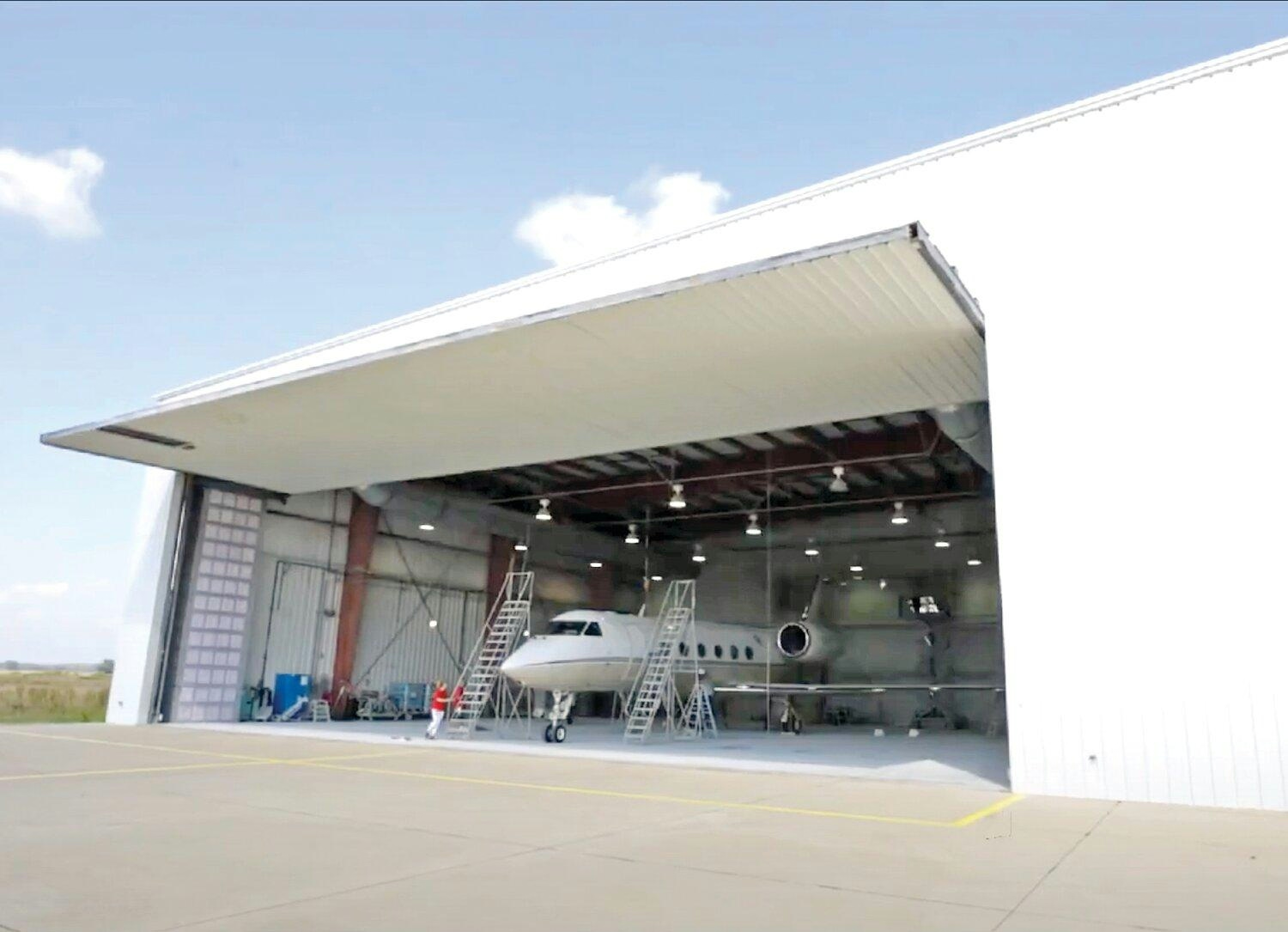
West Star Aviation Announces Expansion in Chattanooga

Aviation Design Software Market Projected to Reach $2.8 Billion

The Future of Aviation in Africa Amid Digital Transformation

Gyeongnam Province Unveils Mid- to Long-Term Aerospace Industry Roadmap
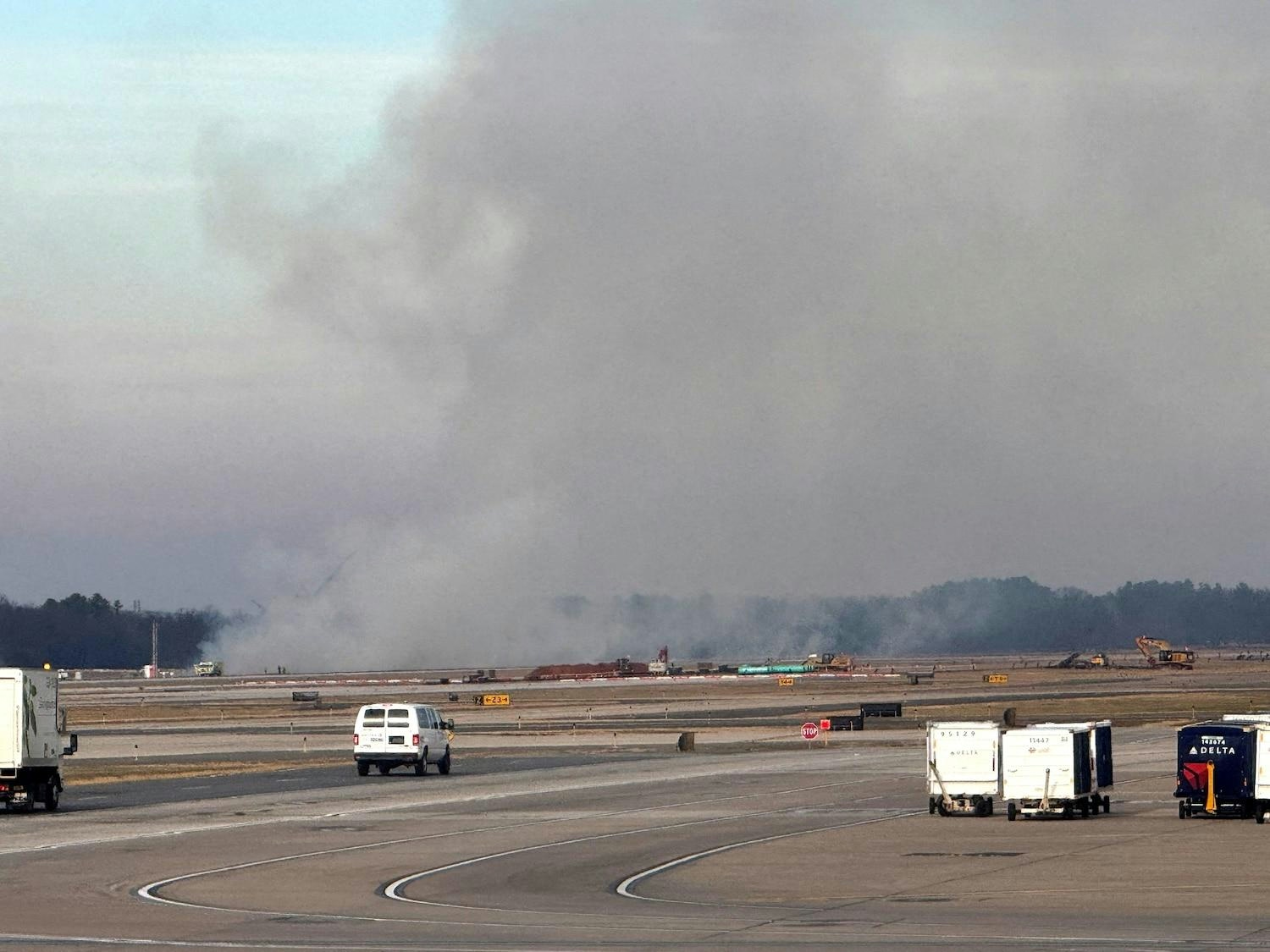
Delta Flight to Atlanta Suffers Engine Trouble, Sparks Grass Fire at Airport
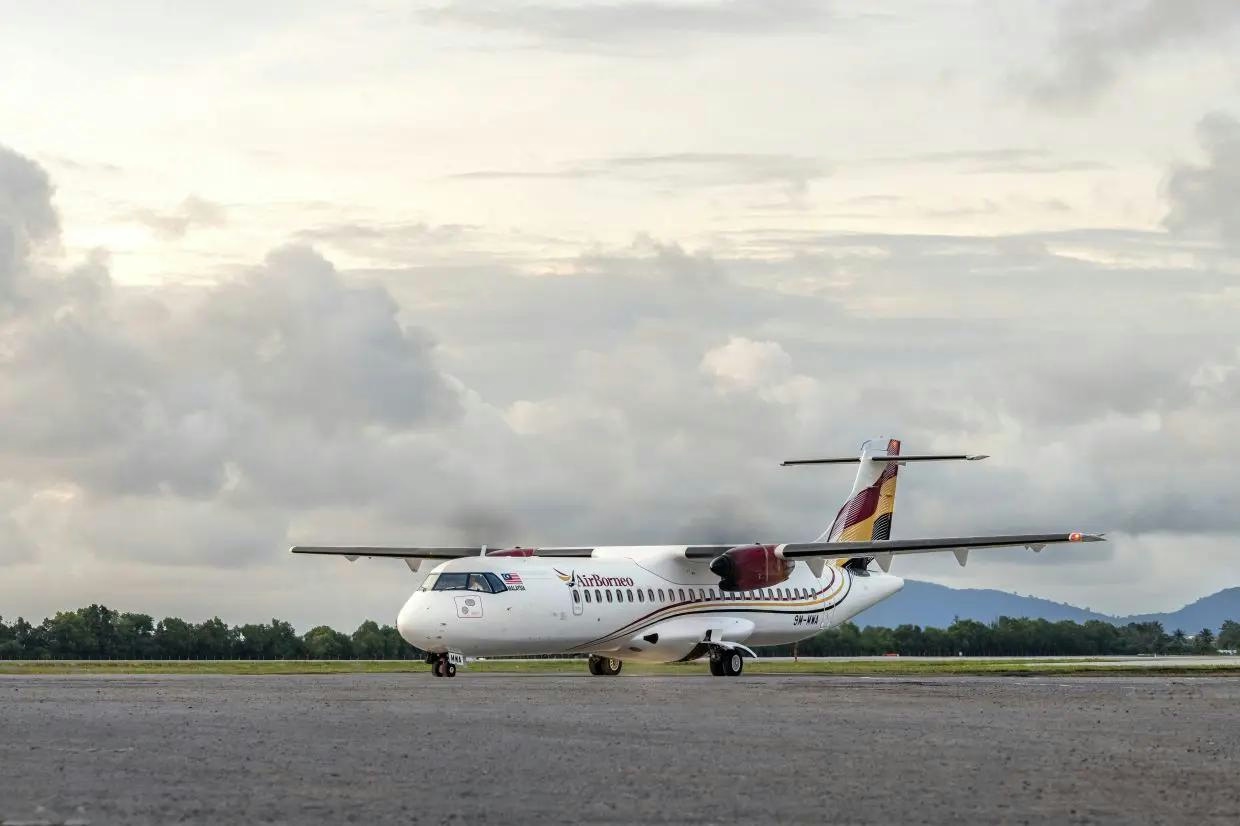
Sarawak's AirBorneo partners with IBM for AI-powered operations

PH Aerospace and MRO Exports Reach $603 Million, Says DTI
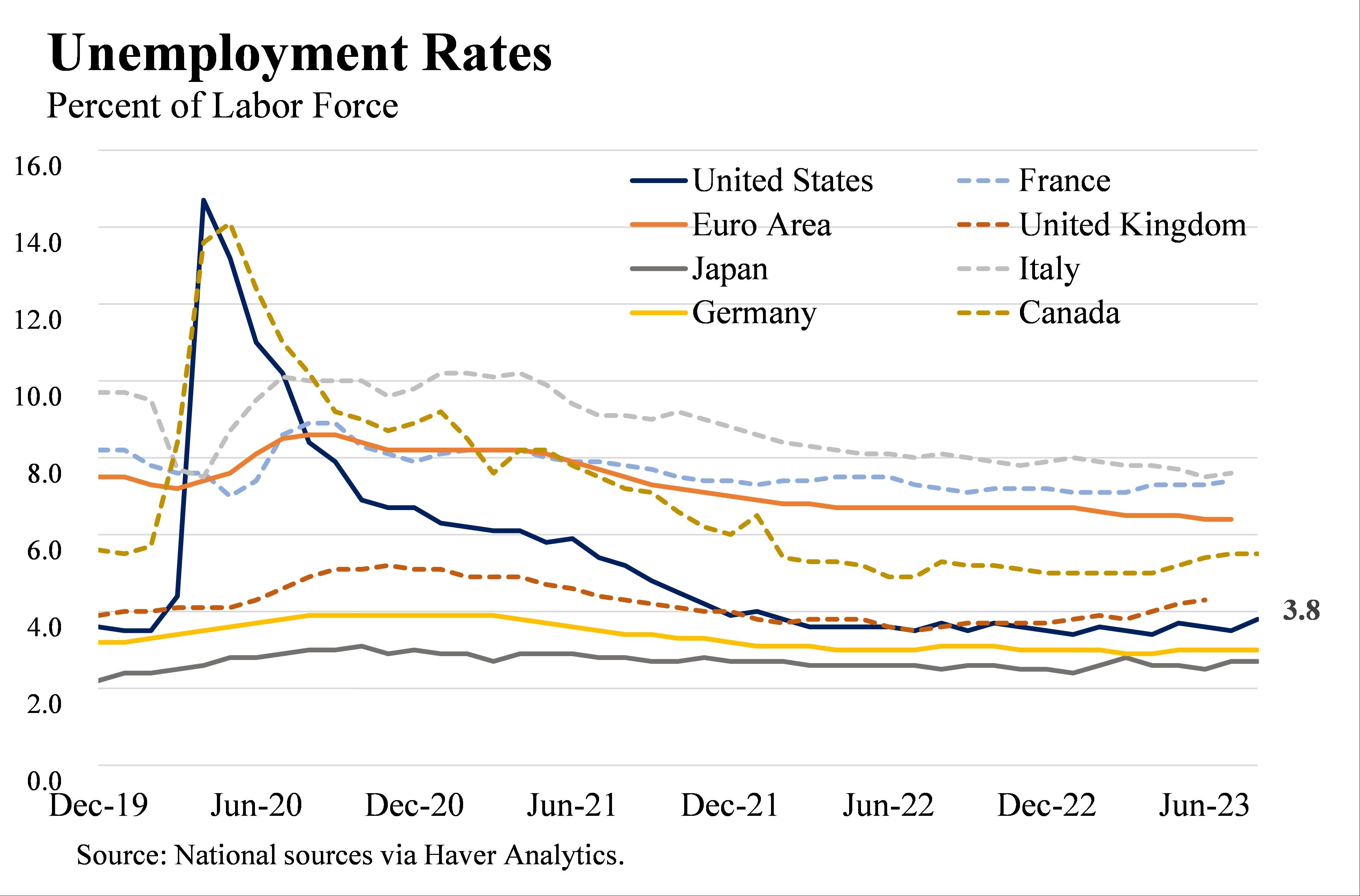
Economic Growth Drivers Show Signs of Slowing
